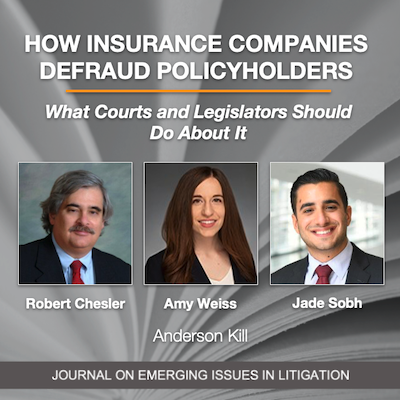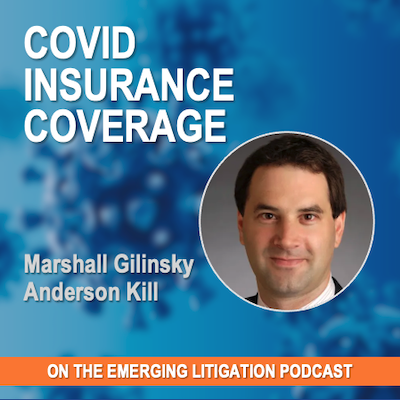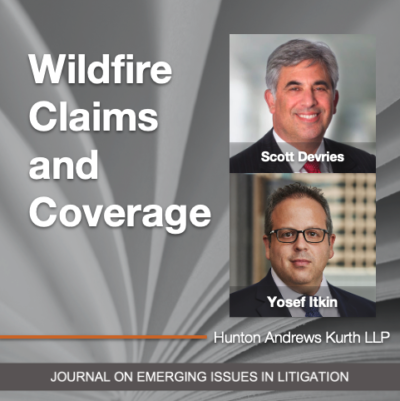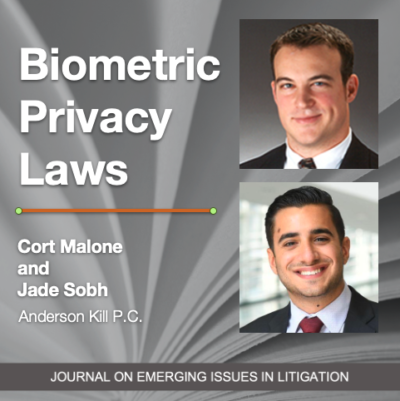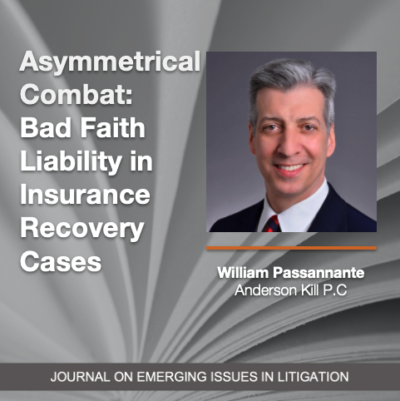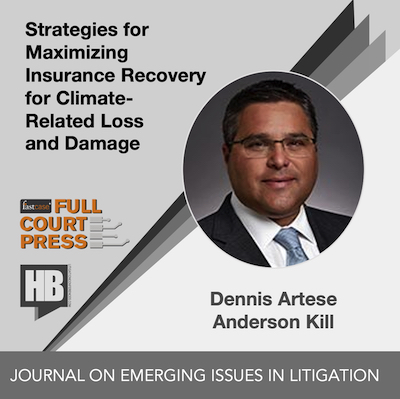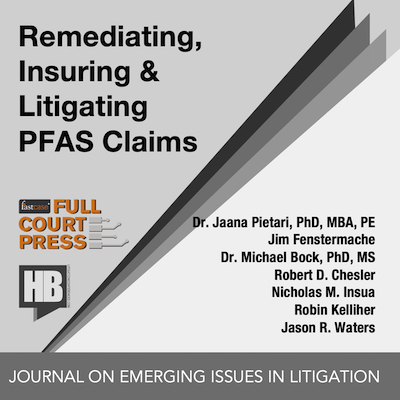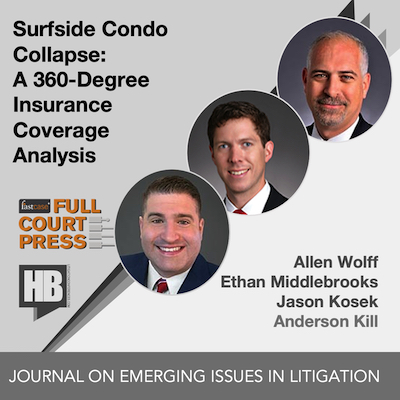Protecting Policyholders as AI Is Developed for Insurance Claims Handling by Marshall Gilinsky and Madison Marlow
The authors, Marshall Gilinsky and Madison Marlow discuss the integration of artificial intelligence (AI) within the insurance industry and outline the potential consequences of diminished human oversight in AI-driven insurance claims handling, highlighting the need for watchdogs and regulators to demand that AI tools under development afford “explainability” and protect policyholder rights.





